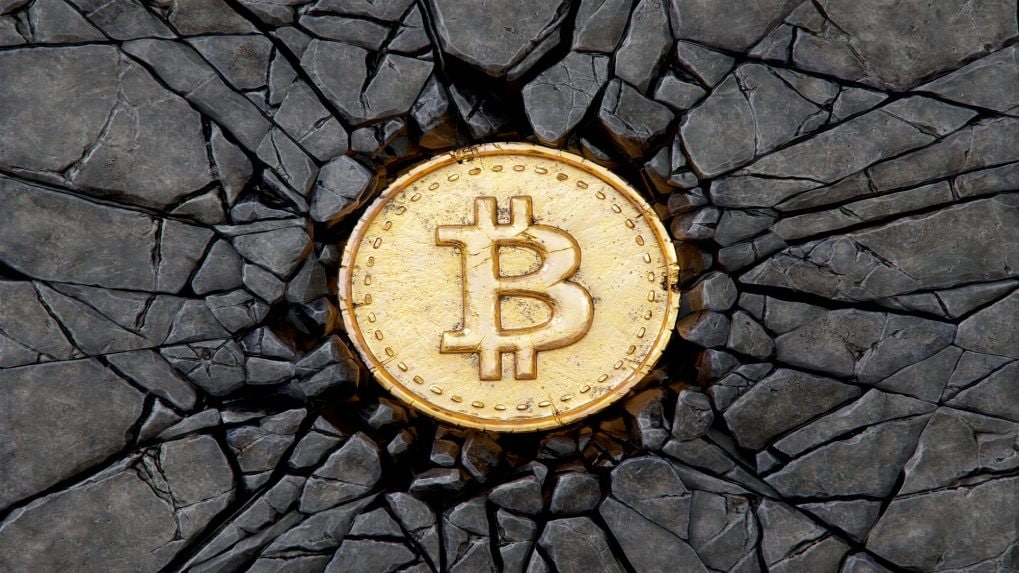
Reserve Bank of India (RBI) Governor Shaktikanta Das’ recent comments that while cryptocurrency is a ‘serious concern’, its underlying near decade-old blockchain technology can grow even without the currency, has further fuelled debate on whether blockchain and the overlying currency are interconnected, or whether blockchain (the technology) can exist without the currency.
So can you just have the technology and not the currency?
Some experts believe public blockchain needs cryptocurrency to work while private blockchains don’t.
Private blockchains, on the other hand, are invitation-only networks, managed by one entity. However, they lack decentralisation, a key feature of blockchains making some experts argue they are not blockchains at all, but centralised databases using distributed ledger technology. An article by The Verge quoted Arvind Narayanan, an assistant computer science professor at Princeton who co-teaches a popular blockchain class on Coursera,”‘private blockchain’ is just a confusing name for a shared database.”
Proof of work is another key factor that experts use to argue in favour of the currency. According to Landspurg Thomas, CTO at an IoT/Blockchain startup, “the currency is the incentive to make the whole system work and especially the proof of work. Miners are rewarded in cryptocurrency and that’s why there is thousands of computers who are doing the mining. If you remove the crypto, you remove the incentive and the interest to run a computer to participate in the proof of work, and then you increase the possibility to be hacked….”
Proof of work consensus mechanism was the key innovation behind Bitcoin’s blockchain which was intended to replace the need for a central authority with rules and incentives that would keep members of the network honest, according to Narayanan. While he agreed that proof of work is inefficient and the reason Bitcoin’s network consumes so much energy, Narayanan argued, “but without proof of work, is there anything really new about blockchains?”
However, Jim Harper, a non-resident Senior Fellow at AEI makes the case that blockchain is good, even without a cryptocurrency powering and securing them. “Even centralized blockchain projects can be better than standard database set-ups,” he says.
Blockchain projects, he added, are more likely to have data structures that serve all use cases, and blockchains may give small businesses access to data they did not have previously. This would give them opportunities to deploy advanced analytics and make other uses of data that are now reserved to only bigger businesses now.
(Edited by : Ajay Vaishnav)
